The China Chamber of Commerce to the EU (CCCEU) on Tuesday expressed profound dissatisfaction with the European Union's subsidy investigation into Chinese wind turbine suppliers. The chamber reiterated that the EU's latest intervention "forges an act of economic coercion".
The probe was announced by the European Commission (EC) on Wednesday, alleging that Chinese suppliers gained an "unfair advantage" in the European market from government subsidies. It is the fourth investigation case under the EU's Foreign Subsidies Regulation (FSR) targeting Chinese companies in less than two months.
The chamber accused the EU of using FSR as a new tool of economic coercion against Chinese enterprises, urging the European side to establish a fair, impartial, and non-discriminatory business environment for Chinese businesses.
Moreover, the European probes targeting China's green renewable energy sectors "results in significantly unfair market competition" for Chinese companies, sending a negative signal that clearly suggests discrimination and protectionism, the chamber noted.
The latest investigation covers conditions for the development of wind farms in Spain, Greece, France, Romania, and Bulgaria, according to Margrethe Vestager, the EU's anti-trust commissioner during a speech delivered at Princeton University in the US, without naming the Chinese companies, according to Reuters.
As the green transition enters a pivotal stage, the Chinese chamber urged the European side to reassess its approach, recommit to dialogue and cooperation, and endeavor to establish a fair, impartial, and non-discriminatory business environment towards Chinese firms.
The EU has promulgated a number of new rules since the end of last year over what it called to shield European firms from cheap renewable energy products, particularly made by Chinese firms, casting a cloud over the economic cooperation between the two giant economies, observers noted.
The EU side's continuous deployment of the FSR against Chinese enterprises shows the bloc's trade protectionism and lack of transparency, the chamber said.
On March 26, Chinese company CRRC, the world's biggest producer of rolling stock, withdrew from a public train tender in Bulgaria worth 610 million euros ($661 million) after the EU launched a probe under FSR, according to media reports.
As another example of the bloc's rising protectionism, the EC mandated its customs register Chinese-imported electric cars for nine months, starting March 7, as an implementation of its anti-subsidy investigation into the imports of battery electric vehicles (EVs) from China.
Earlier, China's Ministry of Commerce slammed the EU probe, urging the EU side to strictly abide by WTO rules, and prudently use restrictive trade tools in order to jointly "safeguard the overall situation of China-EU economic and trade cooperation."








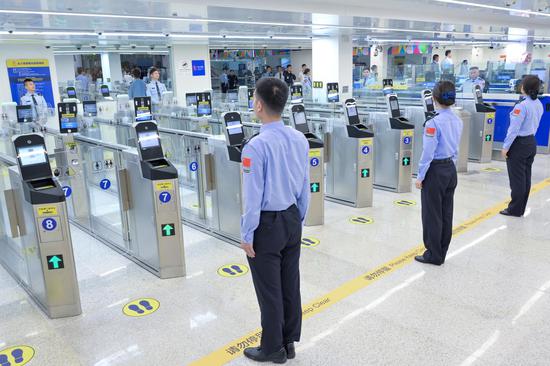
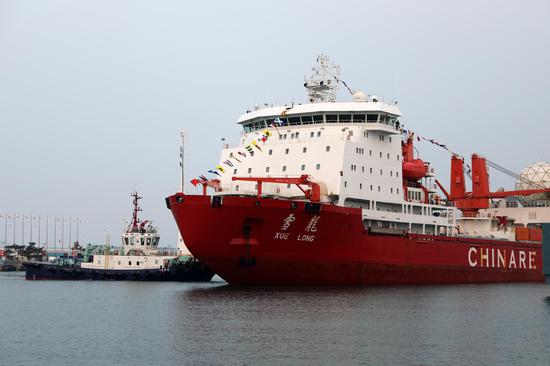

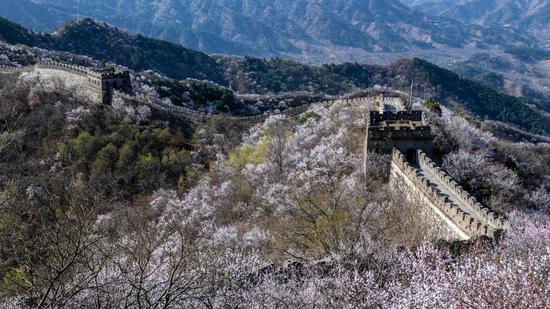

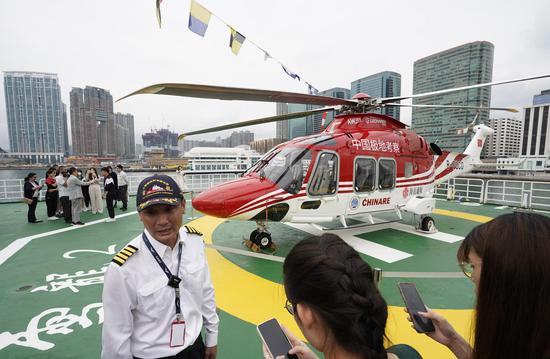

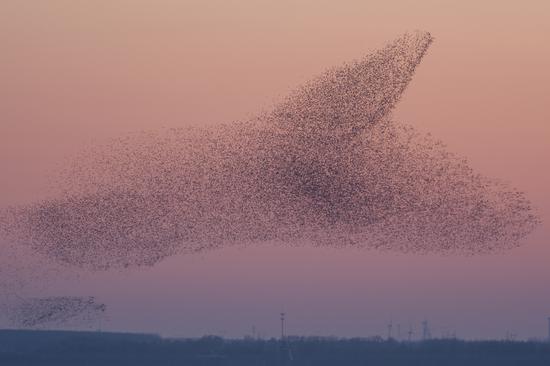


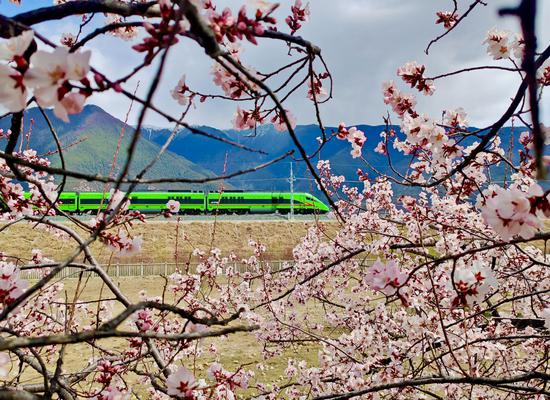
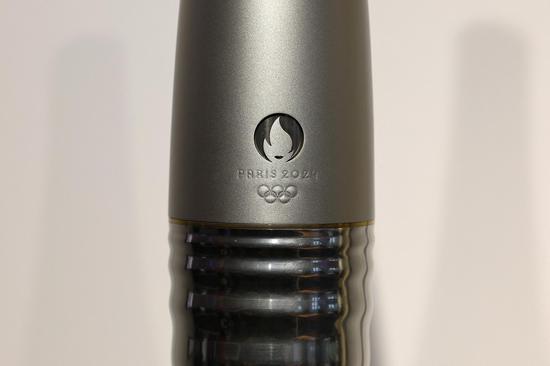

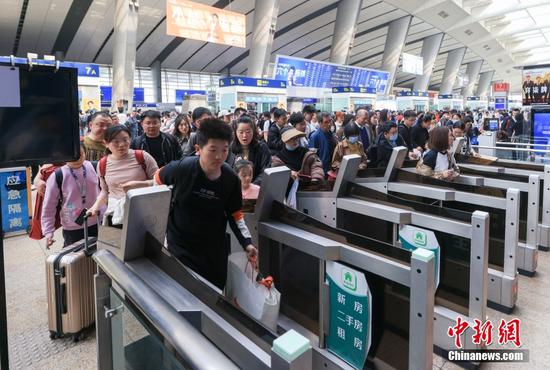
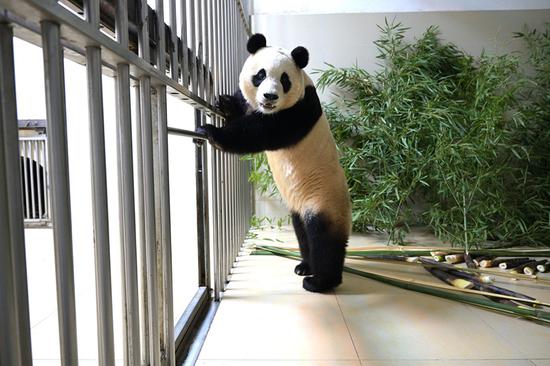
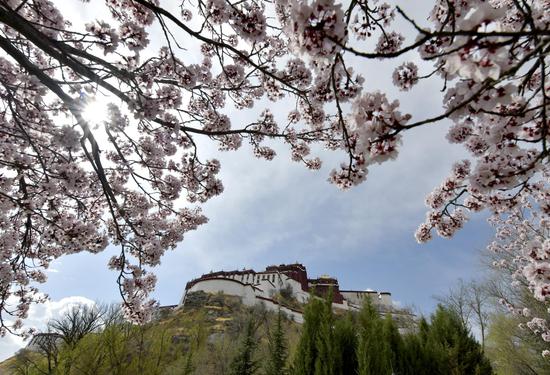

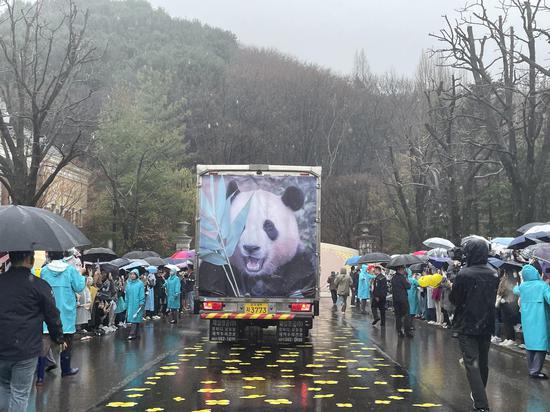
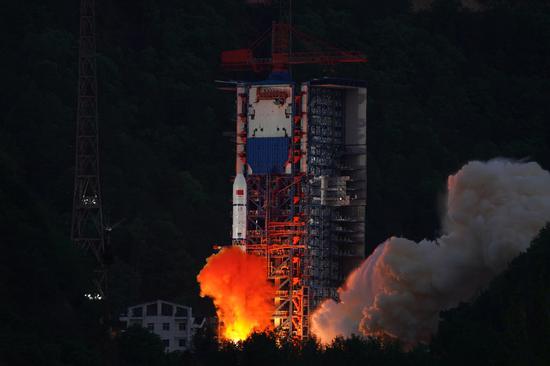

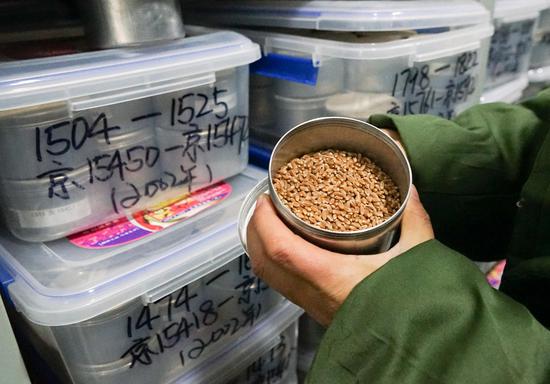
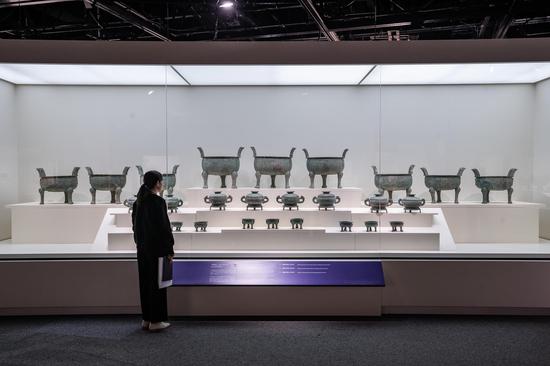

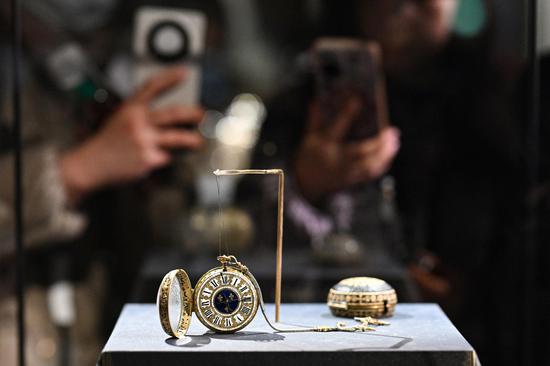

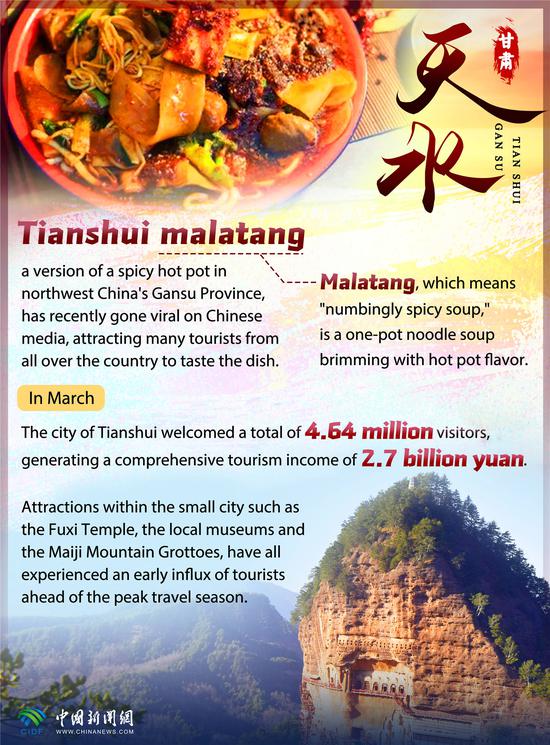
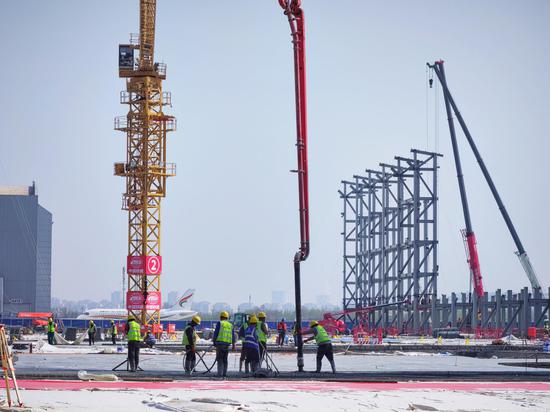



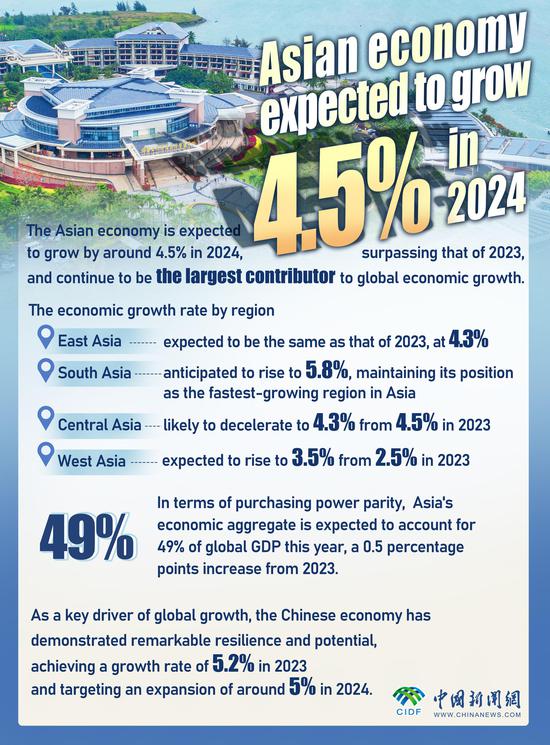
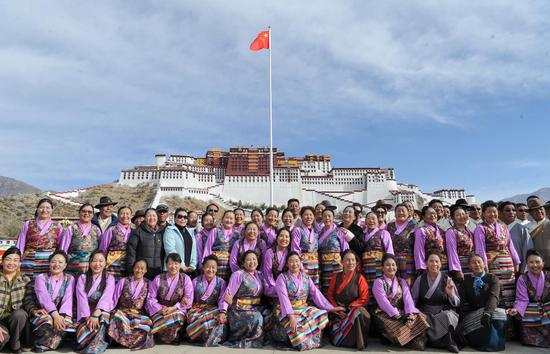
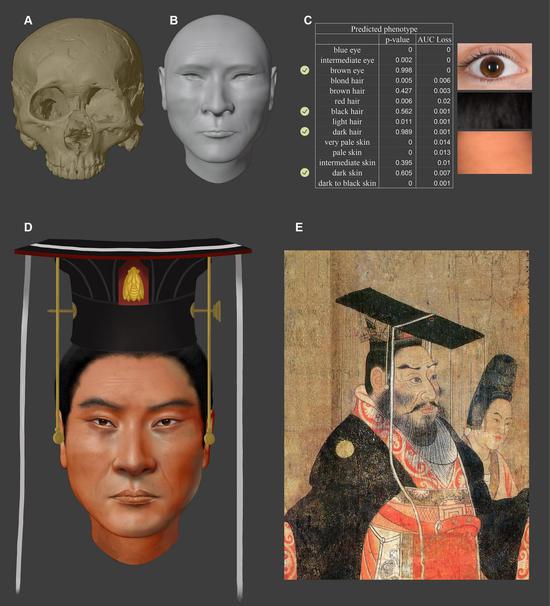

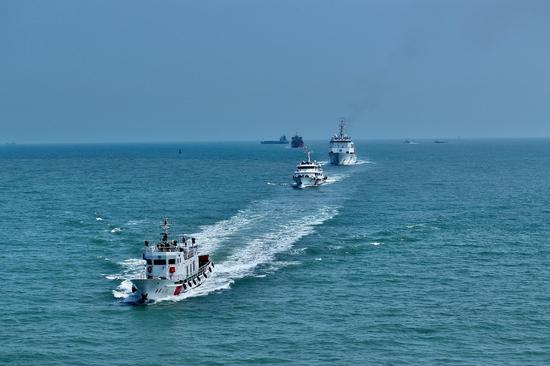
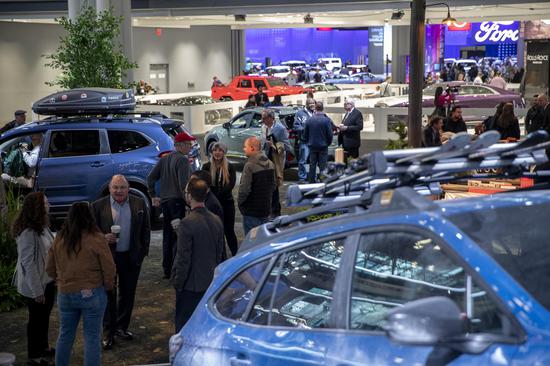
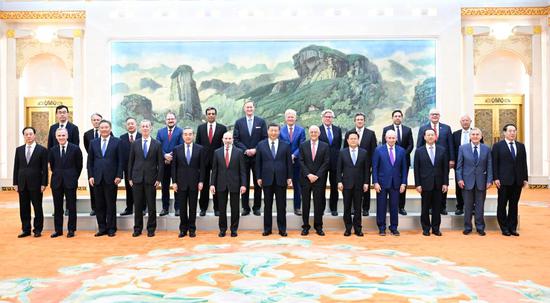





 京公网安备 11010202009201号
京公网安备 11010202009201号